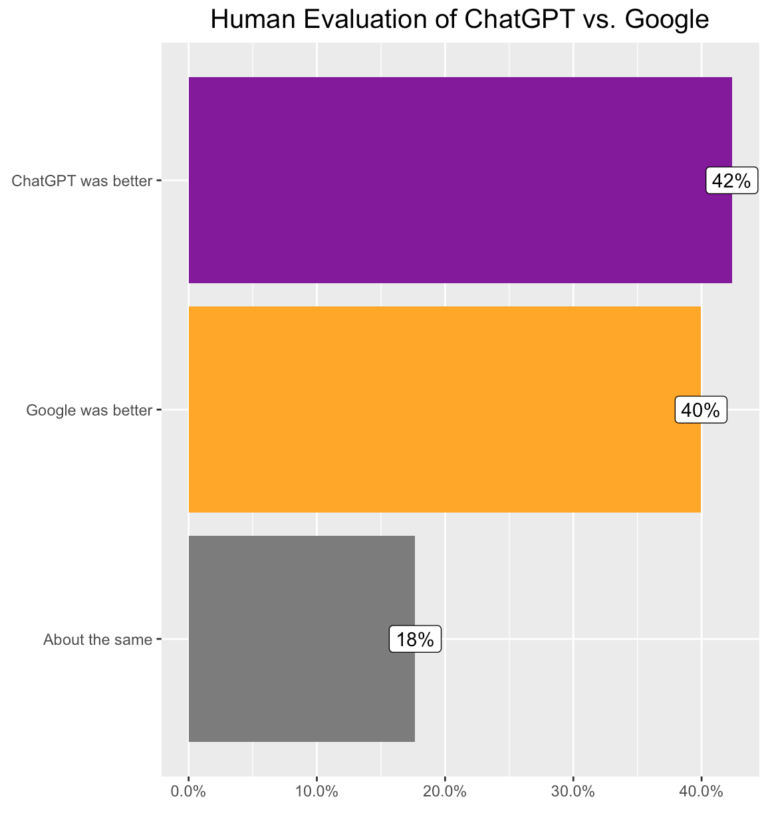ChatGPT rolls out a Google competitor with a skewed view of the news
Recently, the latest artificial intelligence-powered search engine from ChatGPT has been making waves. When users query about local news in cities like St. Petersburg, Orlando, and Miami, they are not directed to the largest local newspapers as one might expect. Instead, the search results feature articles from national outlets like the New York Post, The Sun, and People Magazine, as well as from real estate blogs such as St. Pete Rising and Miami Condo Investments.

Dominance of Specific Publications
In an article by The Verge discussing ChatGPT's new search feature, it was mentioned that the algorithm does not prioritize publishing partners automatically. However, a closer look reveals that metro newspapers are underrepresented in local news coverage, with a majority of links coming from those who have partnership deals with OpenAI, the company behind ChatGPT. Notably, national outlets appearing in the search results are owned by companies that have signed agreements with OpenAI.
The situation is further complicated by legal disputes between OpenAI and publications like the Orlando Sentinel and South Florida Sun-Sentinel. This has resulted in limitations in accessing certain content through ChatGPT searches, indicating a complex relationship between AI technology and traditional journalism.
Implications for News Diversity
In an effort to maintain news diversity, it is important to consider how AI-driven content curation can impact the sources of information available to users. The prominence of specific publishers in the search results, coupled with the absence of local newsrooms, raises concerns about potential bias and limited perspectives.

Challenges and Opportunities
While partnerships between AI companies and news publishers offer financial benefits and increased visibility, they also pose challenges in terms of editorial independence and information diversity. The rollout of ChatGPT's search feature underscores the need for clarity and transparency in such partnerships, as well as the potential impact on traditional media outlets.
Looking Ahead
As AI technology continues to shape the way we consume news and information, it is essential to critically evaluate the implications of these advancements on media diversity, editorial independence, and public discourse.

While ChatGPT's search platform may overlook certain news sources and favor licensing partners, the evolving landscape of AI-driven content discovery raises important questions about the future of journalism and information dissemination. As audiences navigate the changing media environment, the role of AI in shaping news consumption habits is becoming increasingly significant.










